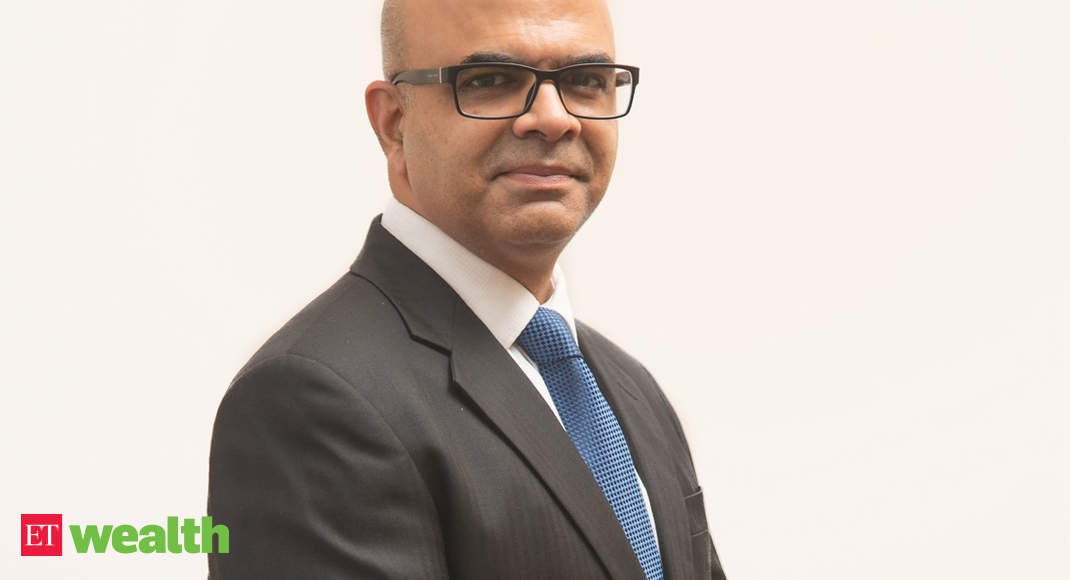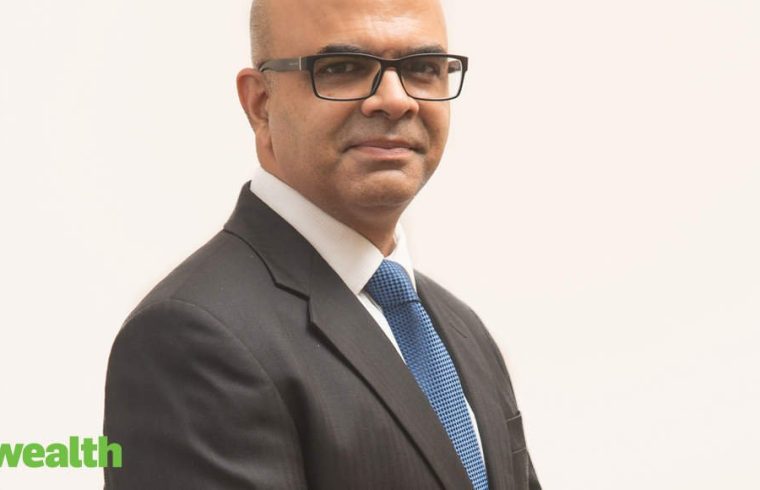
Large cap mutual fund category has seen net outflows in June. Are investors doubting the dependability of the category that is supposed to do well in uncertain times? Shivani Bazaz of ETMutualFunds.com spoke to Gaurav Misra, fund manager, Mirae Asset Large Cap Fund, to find out the prospects of the large cap category. She also probed him on how Mirae Asset Large Cap Fund has managed to stay at the top in the three- and five-year horizons in a challenging market scenario. Edited interview.
Most mutual fund advisors have been recommending large cap mutual funds for a while. However, the category has seen outflows in June. Are investors doubting the dependability of large cap funds in uncertain times like the current one?
After the ongoing rally, there will be a combination of factors at play for the outflows. These could include fund requirement by small/large investors for others parts of their business which might have been cash strapped, profit booking, some realignment within market caps and some re alignment to alternate assets like gold. These adjustments are to be expected and will happen along the way especially in such volatile times. I think the need to have an appropriate balance between different cap of funds and investor risk appetite will necessitate relevance of each category.
Mirae Asset Large Cap Fund has been able to beat the benchmark consistently. The scheme is among the toppers in the last three- and five-years horizons. What has worked?
Our approach/style to stock selection and portfolio construction has been consistent in this period. While selecting stocks we have chosen strong and robust business models, run by good managements, preferably addressing large opportunities at the best available margin of safety. Additionally at the portfolio construction stage, we keep space for firms in deep value/special situation .
The ability of actively-managed large cap mutual funds to deliver extra returns is seriously contested in the last two years due to superior performance of large cap index schemes. Where do you stand on this debate?
I think two factors were at play. One, corporate earnings growth has been disappointing in the last few years. In fact, the past few calendar years start with a certain assumption in earnings growth only to have seen fairly deep cuts as the year progresses. The reasons are known and include amongst others cyclical down cycle in automobiles, asset quality issues in the banking/finance space, hyper competition in telecommunication, subdued rural and overall growth, etc. All this led to only a few stocks delivering decent earnings growth.
Two, the large cap index has a high concentration of weights amongst the top few names (highest individual stock weight being about 10%) weight . This is unlike the mid cap index which is more democratic with the highest individual weight being sub 3% and the rest being spread amongst 99 stocks. In the large cap index these highest weight stocks and only a few others happened to have driven the index (through a combination of growth and rerating). As overall recovery plays out and if it is fairly broad-based, I expect this trend to reverse.
Many market analysts believe that the market is going to witness another narrow rally where ample liquidity is going to chase a few heavy-weight stocks in the index. Is that your view?
Cannot suggest anything on what might transpire over the short term. In any case, in the recent rally index performance has been strong across large, mid and small cap. But for investors with a long-term horizon I believe good businesses across many sectors should do well. India offers a structural opportunity for many industries to grow over the next 10-15 years atleast. Expect well-managed firms, across sectors, to participate in the same.
Many large cap stocks quoting a very high valuation. How do you decide what is the fair or reasonable price in the current market scenario we touched upon in the last question?
Undoubtedly, after the recent run up, there are some firms/sectors at rich valuations and others which are not. The situation is dynamic and the extent of a price value gap or reasonable price is evolving. In many cases reasonableness, if any, will depend on the nature and durability of growth which re-emerges post the un lock. If there are continual un lock/ lock scenarios, growth impulses could be hurt. Thus leaving aside some sectors/stocks which might still be in the value zone. For the others which have participated in this rally we have to look out for the solidity or lack of impairment of business model and quality of earnings outlook for an answer.
Many individuals are going through times – apart from the health threat, they are also facing job losses, pay cuts, bleak economic prospects… a lot of uncertainties. Many of them seems to be selling or pausing their investments. What is your advice to these investors?
Investments and asset allocation should be made with certain objectives, including a provision for uncertain times such as these. If there is likelihood of a drawdown or requirement in the short term, that part of the allocation should be kept away from equity. Investors should commit to equity only that for which the investment horizon is reasonably long. Equity as an asset class is more volatile and liquid than others, but if held and allocated with right time horizons, can give superior compounding returns over all other alternates.






